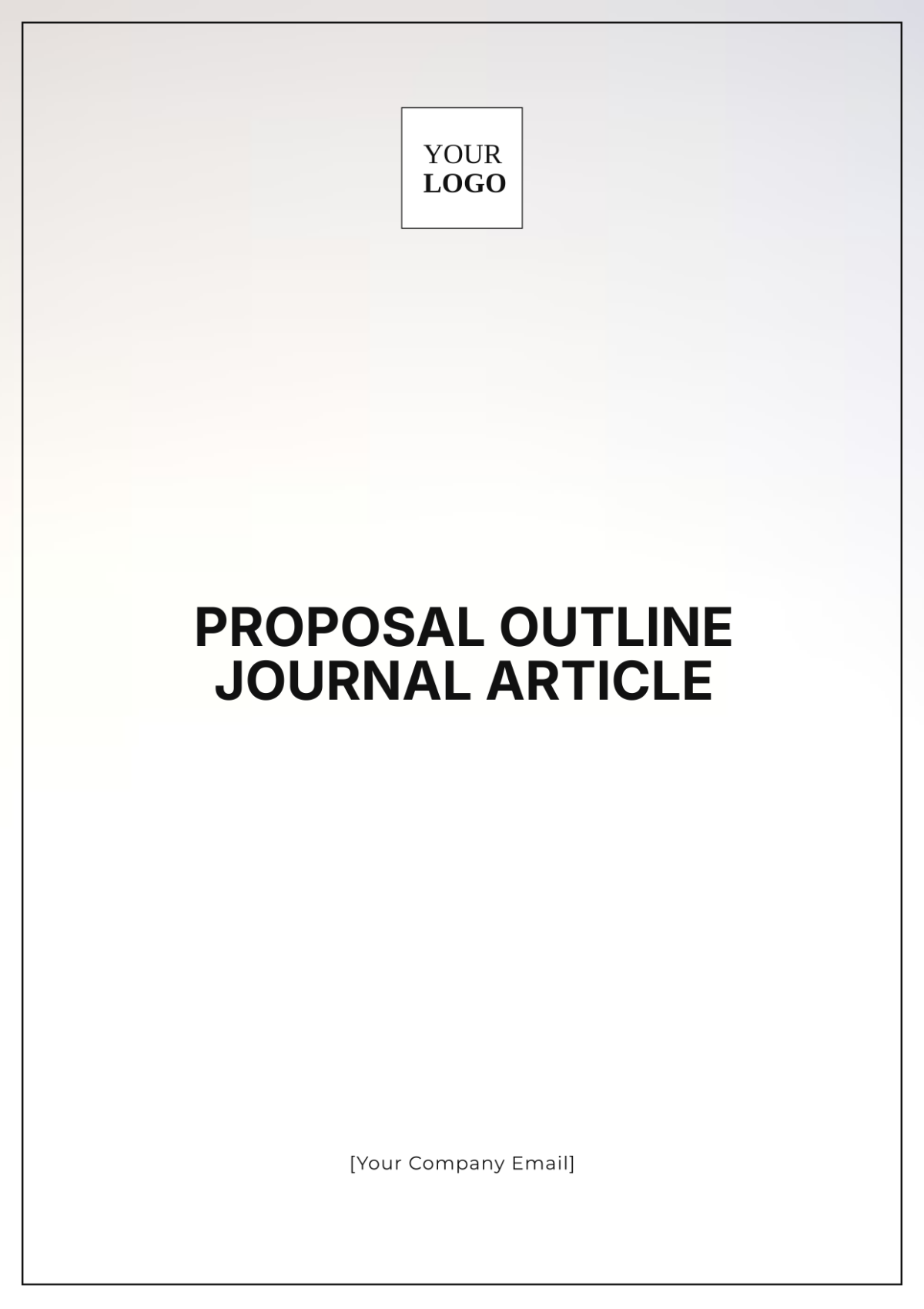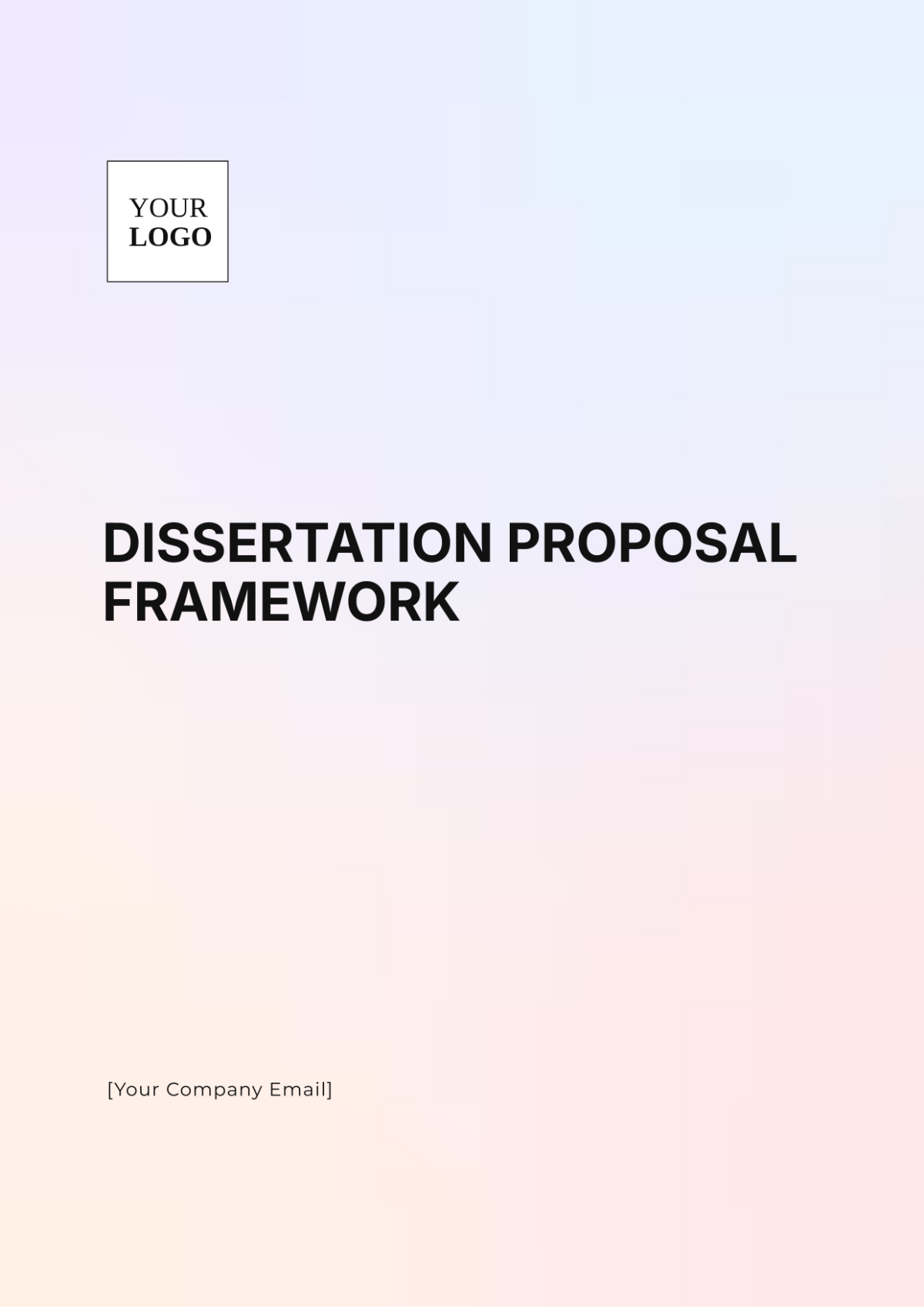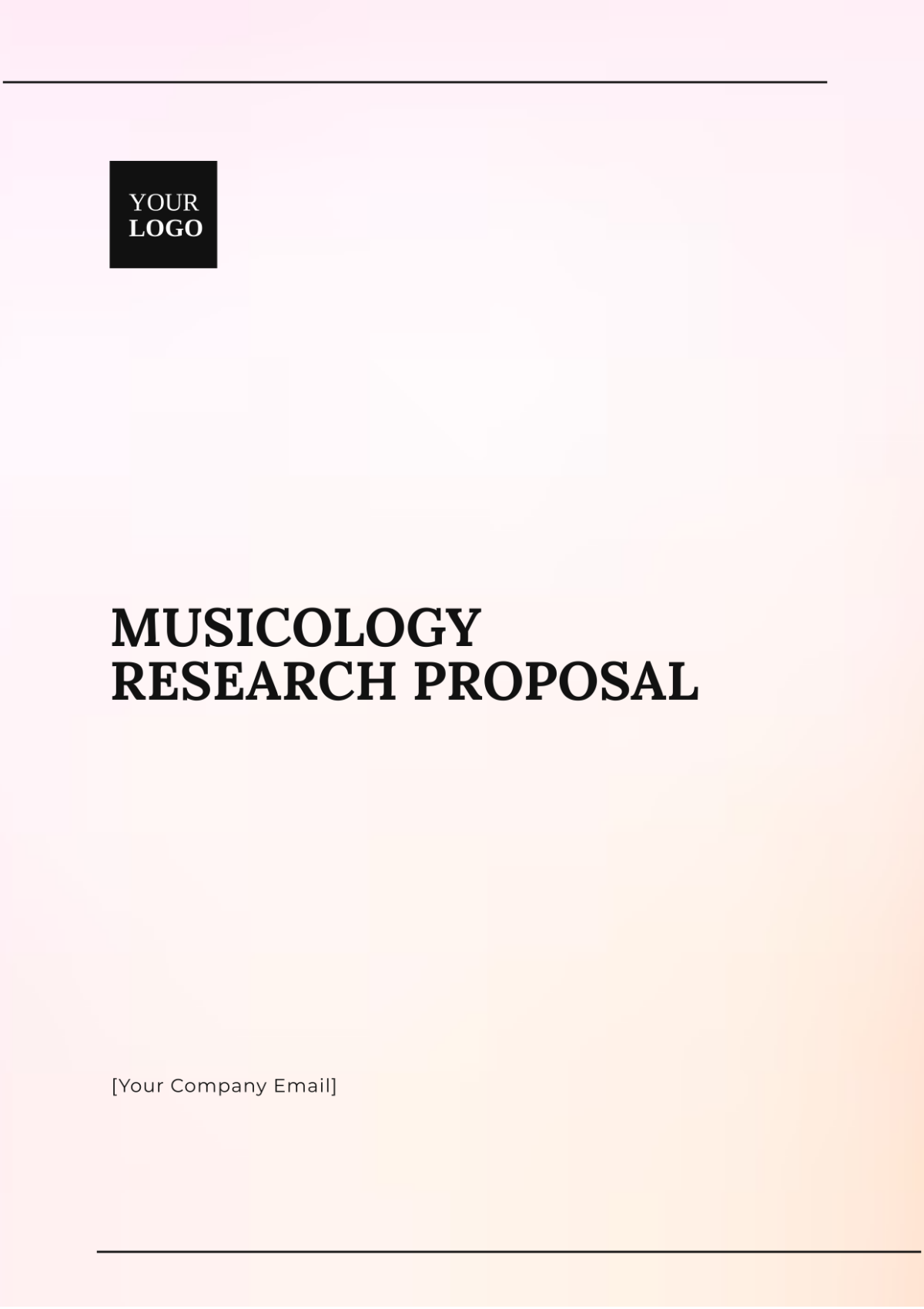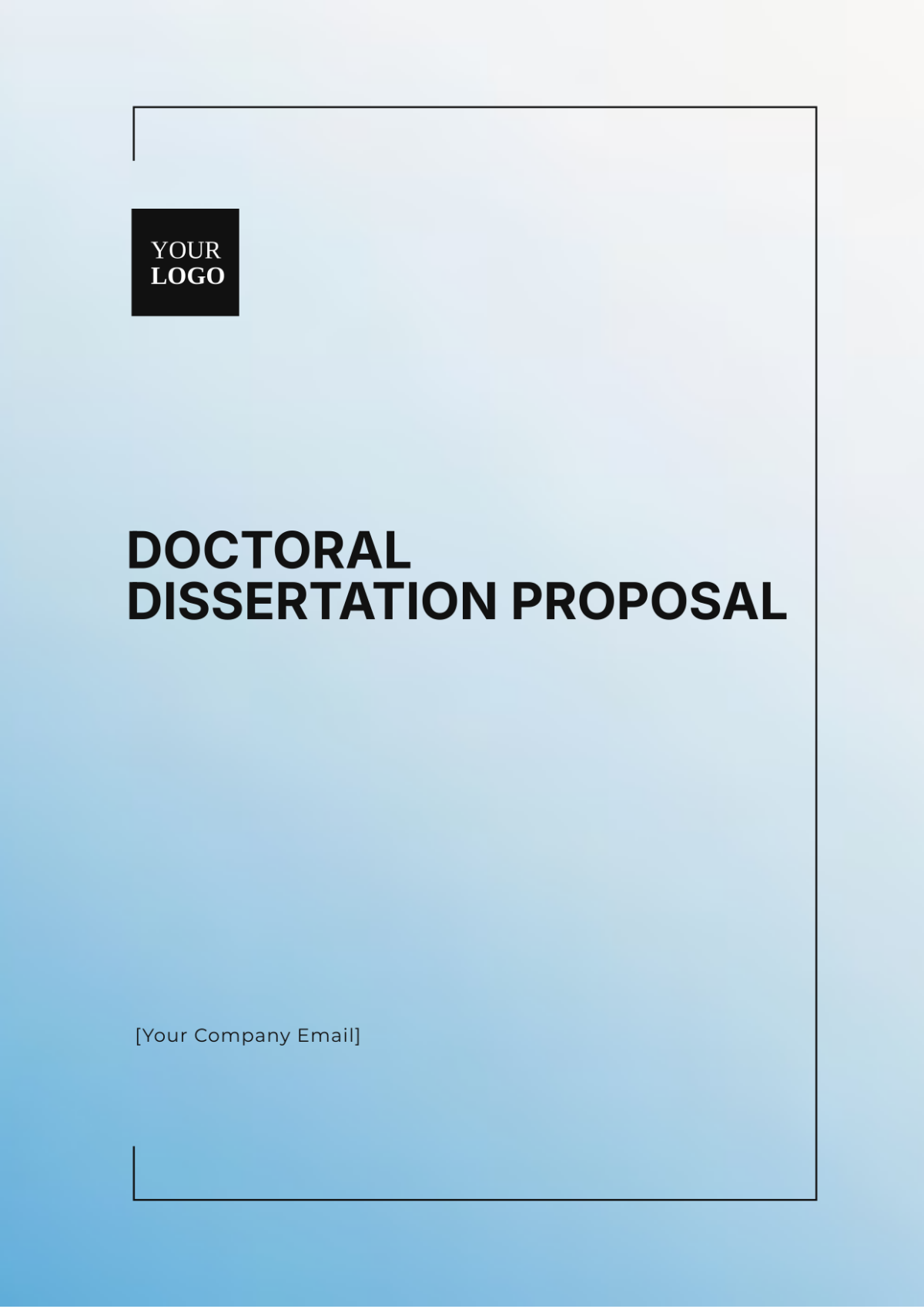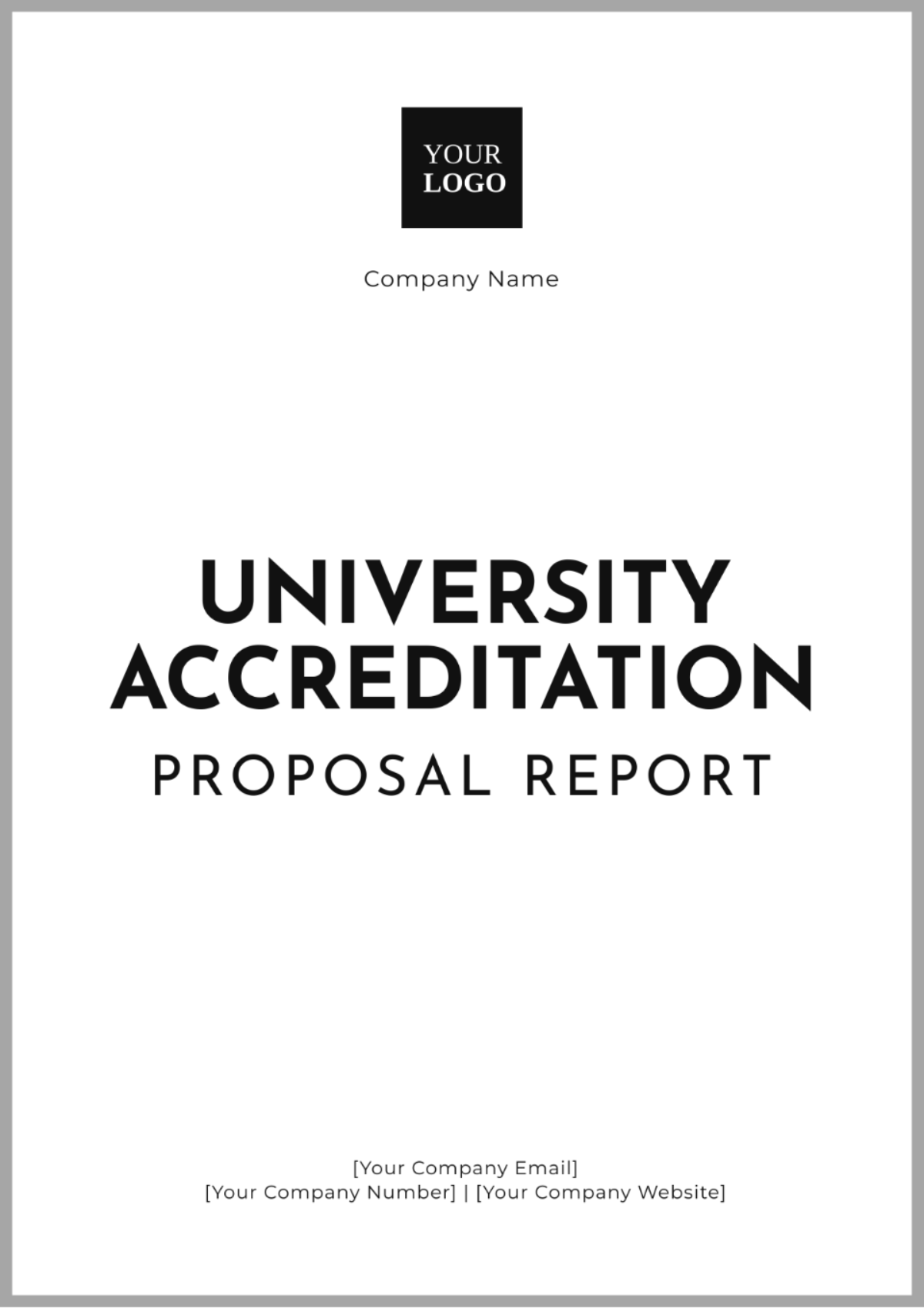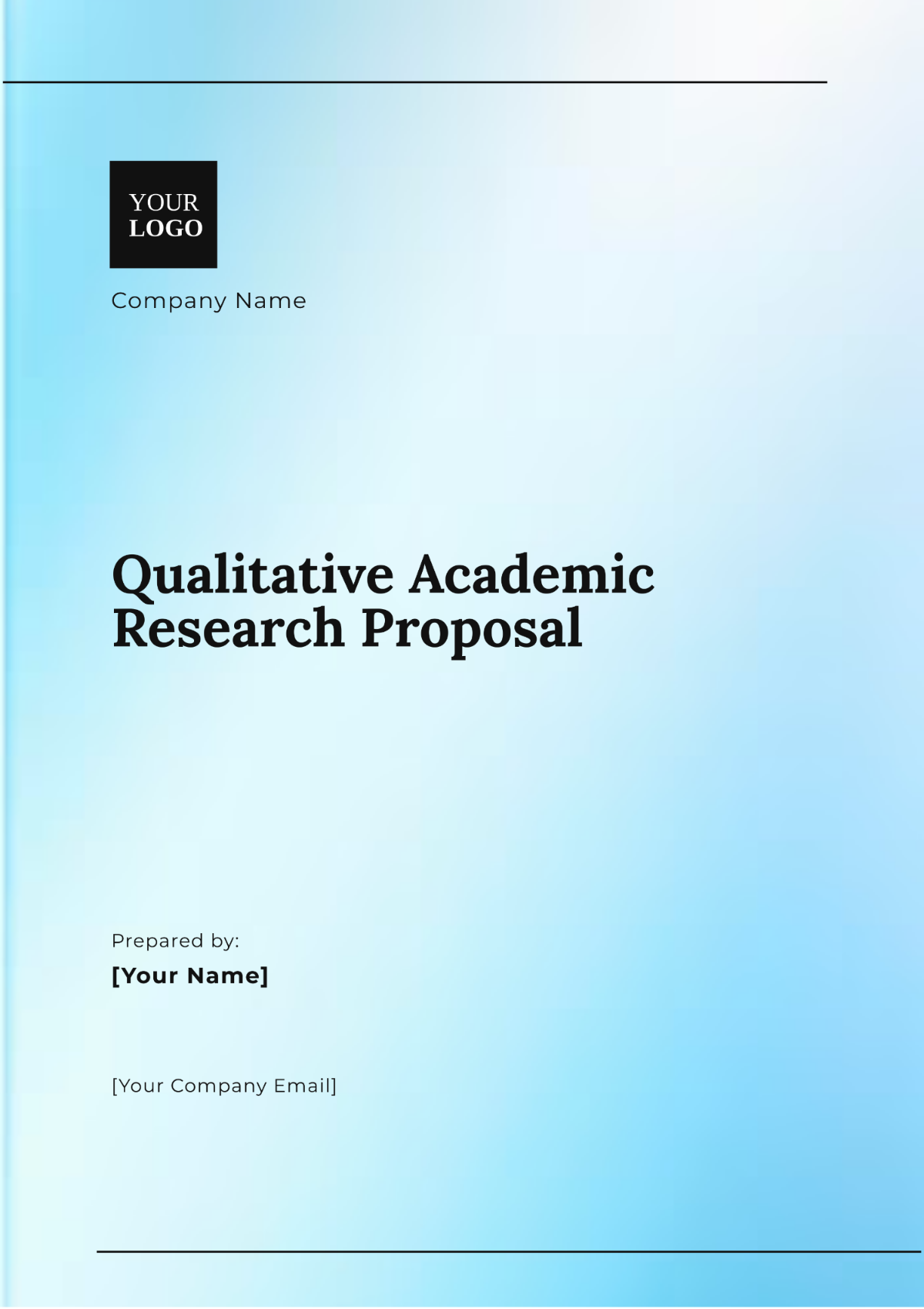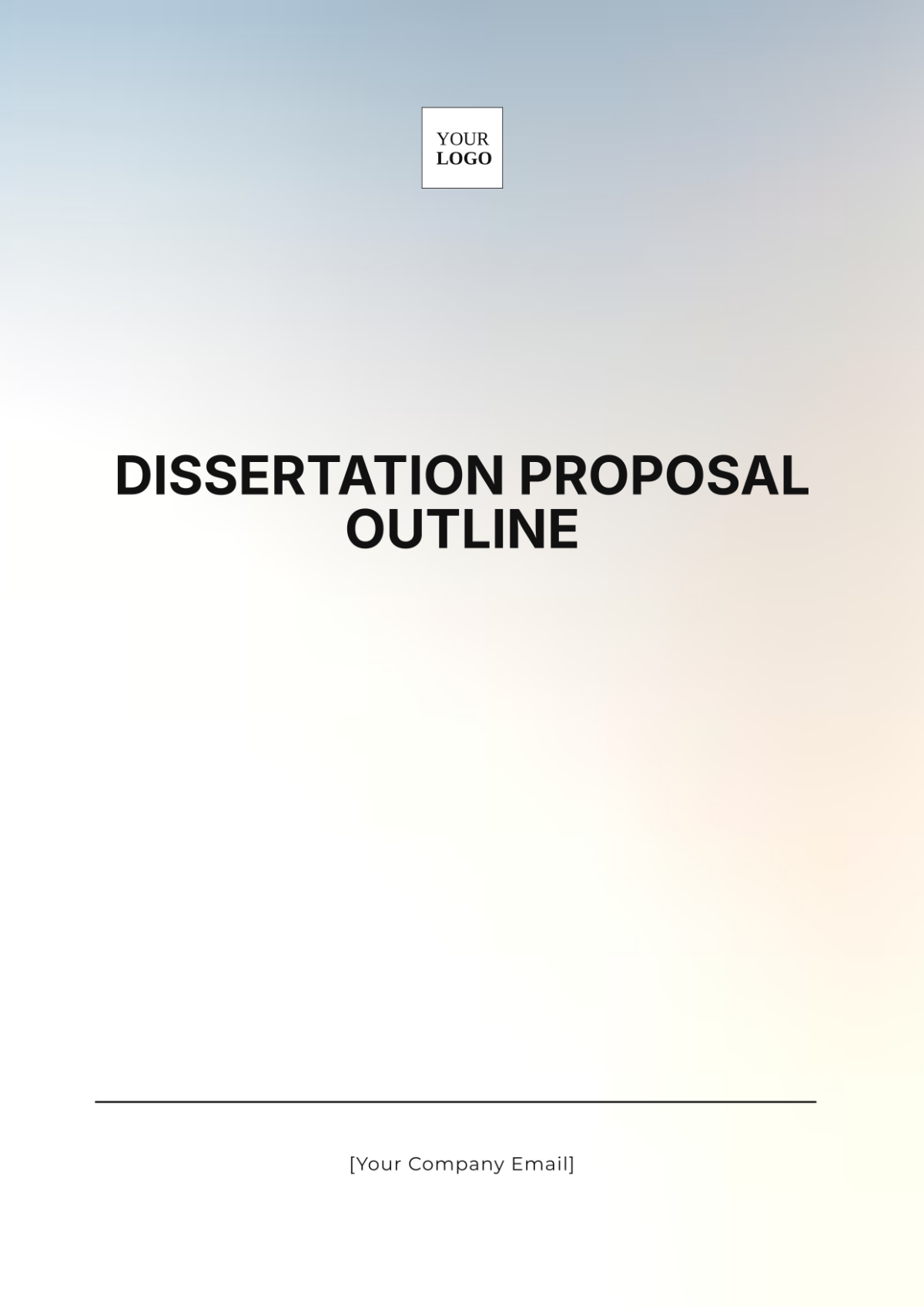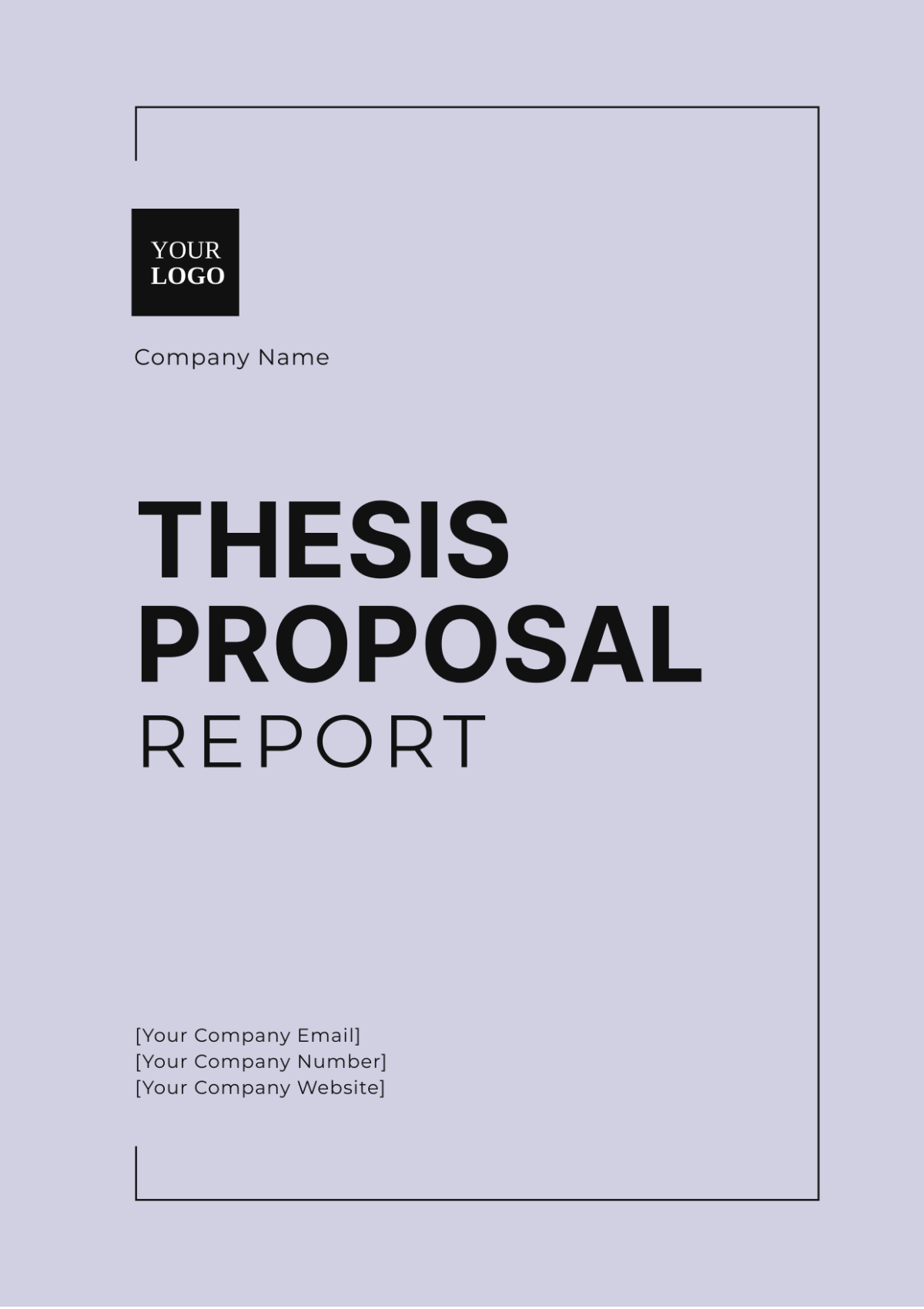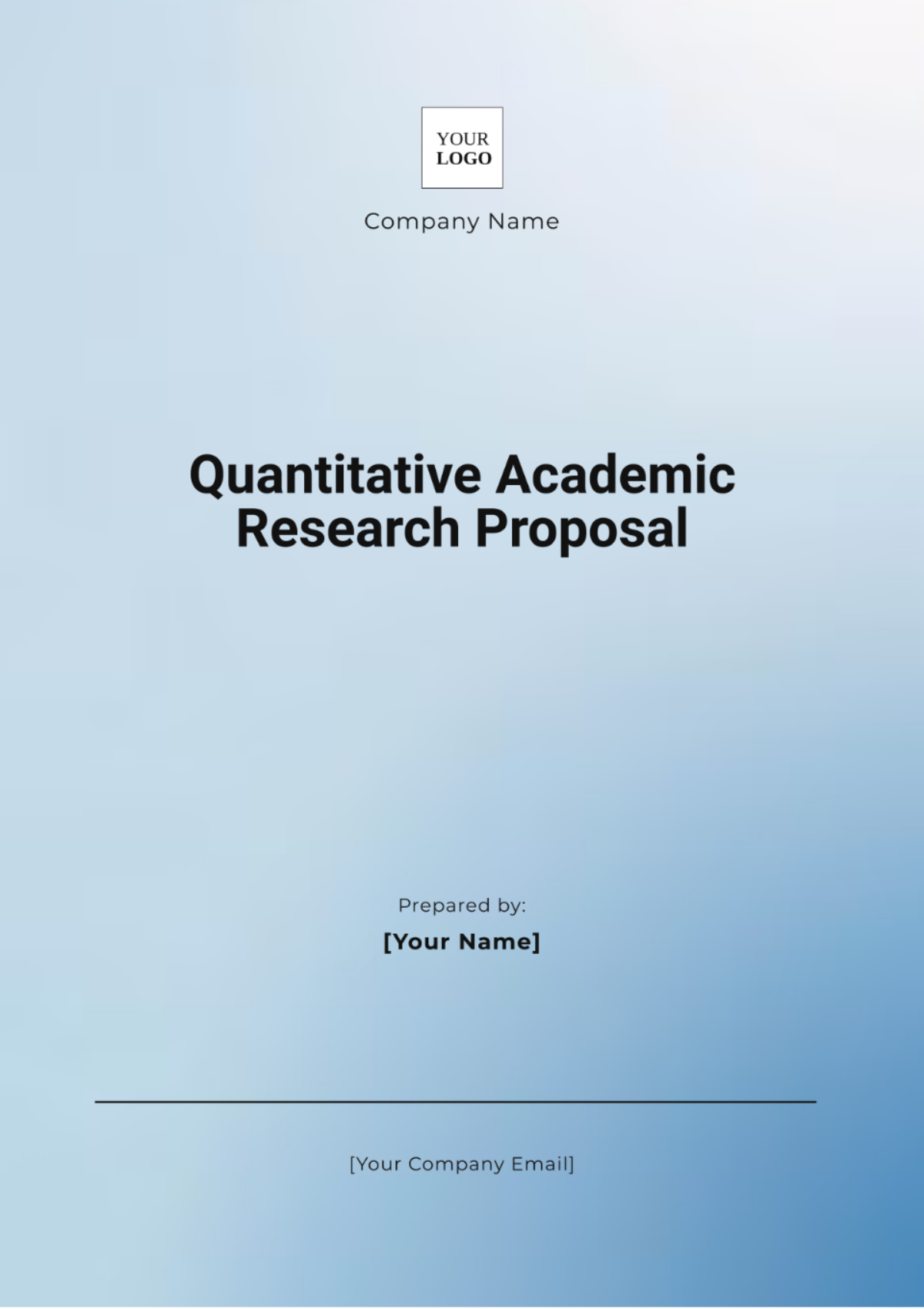Thesis Proposal Report
Prepared By: [Your Name]
Date: [Date]
1. Abstract
This thesis proposal seeks to investigate innovative strategies for advancing sustainable agriculture in arid regions. By integrating cutting-edge technologies with traditional agricultural practices, this research aims to improve crop productivity and resilience in water-scarce environments. The goal is to provide actionable solutions that enhance food security and sustainability.
2. Introduction
Agriculture in arid regions confronts formidable challenges due to limited water availability and extreme climatic conditions. This proposal focuses on exploring and implementing sustainable agricultural practices to address these challenges and bolster food security.
Background
Arid regions, which encompass approximately 30% of the Earth's land surface, are characterized by scarce rainfall and high evaporation rates. Traditional agricultural methods are often insufficient in these environments, creating a pressing need for innovative approaches to sustain agricultural productivity.
Research Problem
The core issue addressed in this study is the development of effective and sustainable agricultural practices specifically designed for arid regions. The study will concentrate on enhancing water efficiency, improving soil health, and increasing crop yields in these challenging environments.
3. Objectives
The research aims to achieve the following objectives:
Evaluate Water-Saving Techniques: Assess the effectiveness of various irrigation techniques designed to conserve water.
Assess Drought-Resistant Varieties: Investigate the potential of drought-resistant crop varieties to withstand arid conditions.
Analyze Soil Management Practices: Examine the impact of different soil management practices on crop productivity in arid environments.
4. Methodology
This section details the research design and methods that will be employed. A mixed-methods approach will be utilized, combining quantitative and qualitative data collection techniques to provide a comprehensive analysis.
Research Design
The study will be executed in three phases:
Phase 1: Literature Review and Preliminary Analysis
Conduct an extensive review of existing literature and perform preliminary analysis to identify knowledge gaps.Phase 2: Field Experiments
Implement field experiments to test various irrigation techniques, crop varieties, and soil management practices.Phase 3: Data Analysis and Interpretation
Analyze collected data and interpret findings to draw conclusions and make recommendations.
Data Collection
Data will be gathered through:
Surveys and Interviews: Engage with local farmers to obtain insights and gather qualitative data.
Field Observations and Experiments: Conduct direct observations and experiments in the field.
Remote Sensing and GIS Analysis: Utilize remote sensing technologies and Geographic Information Systems (GIS) for comprehensive data analysis.
5. Expected Outcomes
The anticipated outcomes of the research include:
Identification of Water-Saving Technologies: Discover effective technologies for conserving water in arid agriculture.
Best Practices for Soil Management: Develop and recommend optimal soil management practices tailored to arid conditions.
Policy and Practice Recommendations: Provide actionable recommendations for policymakers and farmers to promote sustainable agricultural practices.
6. Timeline
The research timeline is divided into three distinct phases, each with specific activities and durations:
Phase | Activities | Duration |
|---|---|---|
Phase 1 | Literature Review and Preliminary Analysis | 3 months |
Phase 2 | Field Experiments | 6 months |
Phase 3 | Data Analysis and Interpretation | 3 months |
7. Budget
The budget is allocated to cover essential expenses for the research project:
Item | Cost |
|---|---|
Personnel | $30,000 |
Equipment and Supplies | $20,000 |
Travel | $10,000 |
Miscellaneous | $5,000 |
8. References
A comprehensive list of references will be compiled, including relevant books, scholarly articles, and online resources pertinent to the research topic.





